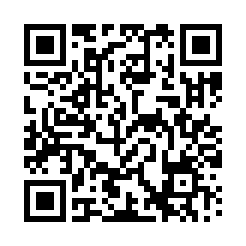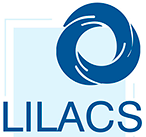Early neurovegetative enabling interventions in neonatal units. A Systematic Review
DOI:
https://doi.org/10.19136/hs.a23n3.5913Abstract
Objetive: To present a synthesis of knowledge on the effects of enabling interventions from the neurovegetative approach on development in preterm infants implemented during the hospitalization period in neonatal units.
Materials and methods: The systematic review was carried out according to the criterio of PRISMA-2020 in PubMed, Web of Science, Cochrane Library, SciELO,Scopus,Lilacs, UNAM and UAM Thesis until July 2023. The search strategy was Premature newborn OR premature OR preterm AND Neurodevelopmental Early Intervention Program OR Early neurodevelopmental intervention OR Early neurodevelopmental stimulation OR Neurodevelopmental care AND The assessment of preterm infant behavior (APIB) OR BAYLEY III AND neonatal units OR NICU, in clinical trials in English, Portuguese and spanish.
Results: We found 1051 studies, of which 6 met the eligibility criterio. The interventions with the greatest effect were the multisensory interventions, which showed better neuromotor development in the study group with a mean total score of the INFANIB test (x=62.24, SD=3.07) inlike the control group of (59.16, SD= 3.23) showing a statistically significant difference (p= 0.001) with a 95% confidence Interval of (-4.87,- 11.28).
Conclusions: Sensory stimulation, both, its multi- and individual application, can have beneficial effects on various aspects of neurodevelopment and child well-being. More clinical research is needed to fully understand the underlying mechanisms, optimize and organize the different sensory simulation interventions into a comprehensive multidisciplinary care that competes in the best practices of preterm infants in neonatal units.
Key Words: premature; Neurodevelopmental; disorders; neonatal nursing; intensive care neonatal.
Downloads
Downloads
Published
Issue
Section
License
Copyright (c) 2025 Horizonte Sanitario

This work is licensed under a Creative Commons Attribution-NonCommercial-ShareAlike 4.0 International License.





























